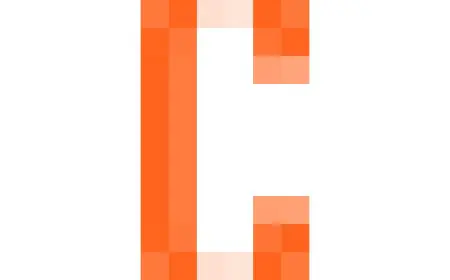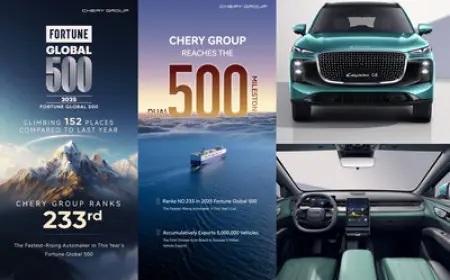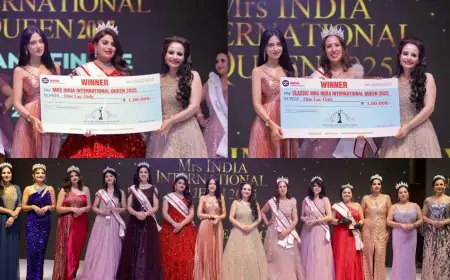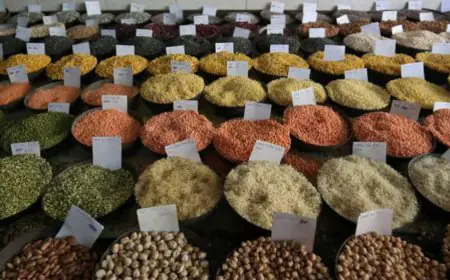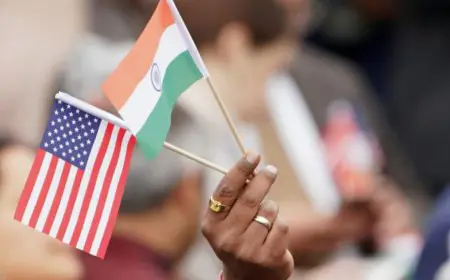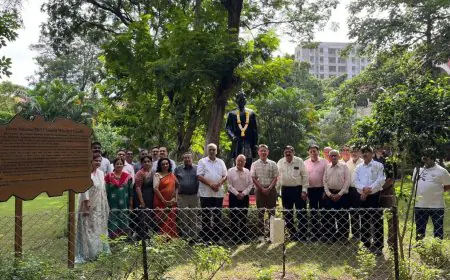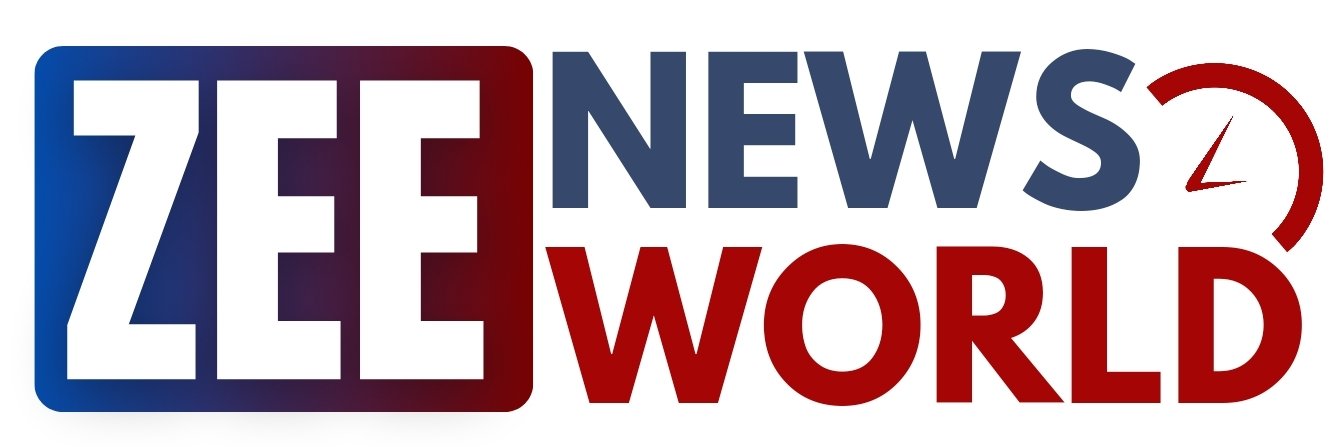Opinion: A Major Battle Is Brewing In Africa. Can India Catch Up?
It is quite likely that Moscow and Beijing might align their strategies in the continent. This is a recipe for a massive geostrategic contestation with the West as the Africans seek to crystallise their quest for unity.

Chinese President Xi Jinping (centre) stands with leaders from African countries at the meeting of the Forum on China-Africa Cooperation, in Beijing in September 2024. (AFP)
Natural- and human-resource-rich Africa has seen many a geopolitical storm. It has suffered a great deal of exploitation at the hands of its colonial and neo-colonial masters, as well as that of its own power- and pelf-hungry leaders. Poverty and underdevelopment still are the biggest bane of the region, irrespective of who holds the reins. Whether it's military leaders and juntas or the crafty politicians they try to overthrow, the slogans and the promises remain the same. Many years ago, when I was in Nigeria and we covered several African countries, it was a general belief that every officer of the rank of Colonel and above harboured a dream to be the Head of State or government someday. Coups were common. However, it is also a fact that it was President Oluṣẹgun Ọbasanjọ, an army man, who ushered in democracy in Nigeria. That his position of power failed to save him is a different story though.
In recent times, West Africa and Sahel, and many other parts of the continent, have not only witnessed the overthrow of regimes by military coups, but also the wiping out of the last remaining footprints of erstwhile colonial powers. The French are the biggest losers in the region.
France Losing Its Edge
A number of francophone countries have been severing their French connection, and the French, despite their last-ditch efforts, haven't been able to salvage the situation. Last year, Niger, Mali and Burkina Faso asked the French and Americans to leave their territories and cut off all ties as they moved to build closer ones with Russia and China. When big brother Nigeria and the Economic Community of West African States (ECOWAS) tried to intervene, not only did the three countries put up a defiant protest, but they also created their own trilateral, displaying a kind of macho-nationalism against their own African brothers. Despite action by the African Union (AU) and the ECOWAS, the three countries have refused to yield, forcing regional institutions to take a more inclusive approach.
Chad and Cote d'Ivoire have also pushed for a withdrawal of French troops and severance of ties. In the 1980s, when I was serving in Abidjan, Cote d'Ivoire was the show window of the French in Africa; according to some estimates, nearly 93% of the decision-making was done mostly by the French advisor or the ‘Directeur de cabinet' in a particular Ministry. Their currency, the French Franc, was the mainstay of their intervention and rule, and the French rapid deployment forces were stationed there to secure the Presidency. In fact, at the time, a French Colonel from Pondicherry headed the contingent. All the accounting in their embassies was mainly allotted to Indian-origin officials from Pondicherry. True, this arrangement was too good to last, but compared to their British counterparts, the French colonisers were smarter and did not avoid social mixing.
Ultimately though, the Africans paid dearly for the so-called ‘management' of the region, and the discontent finally ignited a revolt against French establishments in their countries, embers of which continue to burn.
America Tries To Catch Up
A month before demitting office, former US President, Joe Biden, had hosted the US-Africa Summit and made his last visit to Angola, emphasising the importance of the Lobito corridor. Aimed at countering Chinese influence in the region, the US-backed project will connect critical minerals mines in Zambia and Congo with the Lobito port in Angola. Even Trump is expected to focus more on Africa in his current term, no matter the fact that he had called the place a “shithole” in his last.
US policy in Africa is largely driven by concerns about countering China and Russia in the region. As such, it tends to ignore the interests of Africans in general and serves only its own geopolitical objectives. The disenchantment with Americans at the grassroots is, hence, natural, and quite visible. Memories of the West's historical excesses in the region during the colonial era have anyway led to a credibility crisis, which, by default, lends a certain acceptability to both Moscow and Beijing, both of which stay heavily engaged through their Africa summits and direct outreach and military and material support to all kinds of regimes. They do it without any compunction or value proposition, unlike the West, whose overly prescriptive behaviour, policies and conditionalities evoke anger and disappointment both at the popular and leadership levels.
While the US did launch the ‘Prosper Africa' initiative in 2019, it's Russia's Wagner Group—now rechristened African Corps—that has emerged as a major tool for wielding influence in several African countries. Trump appears to be rocking that boat: he threatened to cut the funding to South Africa over allegations that the latter was confiscating land—most private farmland in the country is still owned by Whites—and “treating certain classes of people badly”. Perhaps what the US President didn't realise was that this year, South Africa is also the chair of the G20.
China In A Consistency Loop
On the other hand, China's Foreign Minister, Wang Yi, has made it a practice since 1991 to start the New Year by visiting several African countries. This January—his 57th trip—he was in Namibia, the Republic of Congo, Chad and Nigeria. While he nearly missed the coup in Chad, Congo was facing its own moment of reckoning, thanks to Rwanda-backed M23 rebels.
Beijing is also keen on expanding its Global Security Initiative (GSI) in Africa. It has chosen Nigeria for a closer partnership as it is the biggest and richest country in the region. China is a major supplier of weapons and military equipment to Nigeria and is also working to initiate joint manufacturing of defence armaments in the country. Its infrastructure projects range from ports (62 projects across Africa) and roads to strategic connectivity and securing the supplies of critical minerals and resources, including in the Horn of Africa, where it already has a base. It is also building a new headquarters for the ECOWAS.
The China-Africa Forum Summits (FOCAC) have been held regularly too, the last being in September 2024. It has 10 programmes ranging from industrialisation and expansion of Chinese free trade zones to police and military cooperation. Under these, Beijing has been able to keep the contact alive at the highest level and course-correct wherever required, especially as other competitors try to counter it and expose the Chinese debt trap diplomacy.
In December last year, the People's Liberation Army (PLA) Navy hosted West African defence chiefs in Shanghai for the Second Symposium, briefing them on the security situation in the Gulf of Guinea, an area of deep interest for the CCP. This year, China reportedly plans to train 6,000 African senior officers, 500 junior officers and 1,000 law enforcement officers. Its African partners are also not averse to either the new Chinese troika of the Global Security Initiative (GSI), the Global Civilization Initiative (GCI) and the Global Development Initiative (GDI), or the Belt and Road Initiative (BRI). As such, China has stayed at the top of the list of Africa's trading partners for the last 15 years.
Russia On A Roll
Russia, too, has been reviving and expanding its footprint in Africa through bilateral exchanges. It has managed to win some support through the food assistance and fuel security it has extended to the region despite Western pressure and sanctions. The Wagner groups (now renamed) have filled the external gaps rather quickly, especially in the Sahel, Sahara and northern and central Africa. Like China, the Russians, too, offer support for their favoured actors without any strings attached. Niger, Mali, Burkina Faso, Chad, Equatorial Guinea and the Central African Republic (CAR), all of which have seen coups d'état in recent times, have sought and appreciated Russian presence as they push for extraction from Western tutelage. Russia has also added a new department to its foreign ministry to focus on the continent.
As they say, however, there are no free lunches—especially in diplomacy. Gold, diamond and strategic bases (Libya, Mali and Sudan) have thus become a currency the current African rulers trade for security and the supposed stability of their regimes.
Against these shifting sands, the French have dawdled away, with President Emmanuel Macron not helping his case by accusing African leaders of being ‘ungrateful'. Eternity, alas, is not the law in international discourse.
India Shouldn't Waste Time
It's time India acted fast amid these changing equations. It is a major stakeholder in the region and has a historical connection with it. Through its exceptional capacity-building programme and infrastructural development initiatives, it is expanding its soft power projection and strategic engagement with the continent. The inclusion of the African Union (AU) in the G20 under India's Presidency and the firm support for Africa's cause through the policy of ‘Vasudhaiva Kutumbakam' point to genuine intent. In 2018, PM Modi listed the ‘Ten Guiding Principles' for India's engagement with Africa. Under him, the Centre has also been trying to increase high-level visits to the region. It will, however, be useful to move quickly on holding the fourth round of the India-Africa Forum Summit.
Africa Treads Carefully
It is quite likely that Moscow and Beijing might align their strategies in the continent. While the latter may position itself as the key security provider and the largest seller of arms to the continent, China can cement its status as a major strategic and economic partner of Africa. This is a recipe for a massive geostrategic contestation with the West as the Africans seek to crystallise their quest for unity, connectivity and development and weigh all their options, on their own terms.
(The author is India's former Ambassador to Jordan, Libya and Malta)
Disclaimer: These are the personal opinions of the author
What's Your Reaction?












